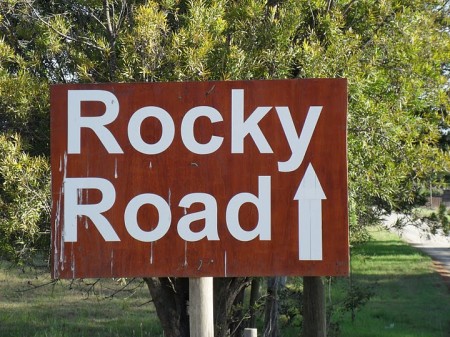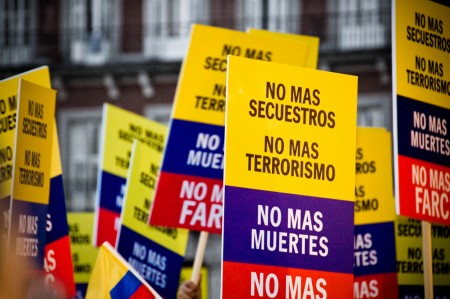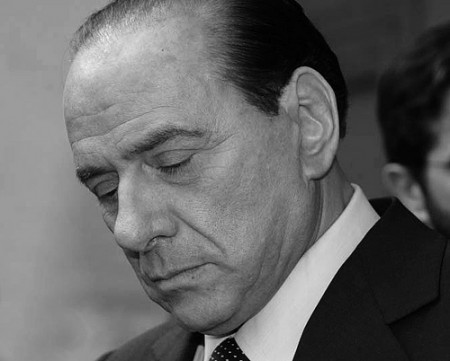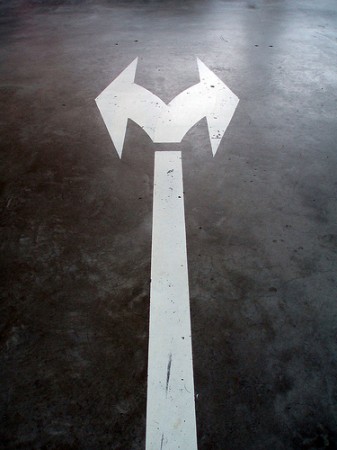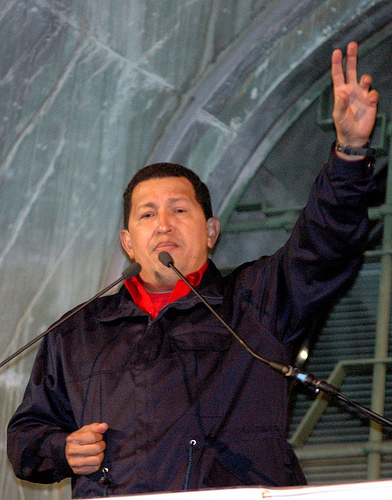
Recently, Venezuelan President Hugo Chavez signed up on Twitter. I am sure that almost the whole IR community saw his appearance on the microblogging platform. Even though it was very surprising to see Chavez on what he used to call a “tool of terror” but now calls a “weapon that also needs to be used by the revolution,” no one took time to look thoroughly on what is going on on Chavez’s Twitter page.
The presence of Chavez on Twitter tells us the following facts about the Venezuelan’s president’s social media behavior:
- He uses a Blackberry.
- He’s following only five people: Diosdado Cabello R the Venezuelan secretary of Public Works and Housing, but also the country’s former interim president during the 47 hour-coup in 2002; Reflexiones de Fidel, the Cuban propaganda agency; his own political party PSUV; Tareck El Aissami, the newly appointed secretary of the popular power for justice whom father was the president of the Baathist party of Venezuela (and who, according to conspiracy theorists, has some ties with the Taliban); and Correo del Orinoco, the official press agency of the Venezuelan regime.
- He has a ‘populist’ approach even on Web 2.0. His first tweets greeted his new followers. He has also engaged in strong political debate with some of his followers, which makes his Twitter page look more like an open forum than a Twitter account. Only six of his latest 40 tweets are actually proper ‘tweets’ and not reactions or direct interactions with other users.
- His account is so popular that he has hired 200 “Twitter” specialists to manage it.
But if we look even closer the account, it is astonishing to see that he is interacting only with ‘new users’ or users that are only following him or other followers of Chavez. Plus these new users only interact with Chavez in a positive and eloquent way. A user even registered to warn him of a danger against his personal safety.
If we have this in mind and we are now aware that 200 specialists are there to ‘manage’ his Twitter account, it is realistic to assume that his team could be responsible for creating fake accounts and interacting with him in order to develop a positive and rather liberal approach of the use of Web2.0.
And if we quickly look at the numbers: 50,000 personal messages in 2 weeks mean that the specialists are handling approximately 17 messages per day. And I don’t believe that this is enough work for one person for one day.
So, Hugo Chavez on Twitter: Web 2.0 revolución or Venezuelan propaganda on a new platform?

